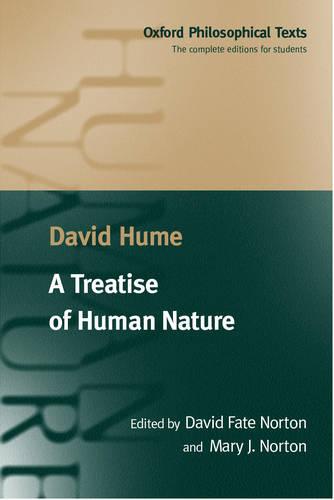David Hume's 'Treatise of Human Nature' is considered his most important work, despite its initial reception being a disaster. The book is seen as a cornerstone of modern philosophy, challenging traditional views and laying the groundwork for empiricism.
Robert McCrum reflects on the historical significance of Hume's 'Treatise of Human Nature' in his review for The Guardian. He notes that while the book was initially met with indifference, it is now widely regarded as one of the most influential works in philosophy. McCrum highlights Hume's innovative approach to understanding human nature through empirical observation, which was groundbreaking for its time. The review emphasizes the book's enduring impact on philosophical thought and its relevance to contemporary discussions.
Quick quotes
This is widely seen as philosopher David Hume's most important work, but its first publication was a disaster.
Hume's innovative approach to understanding human nature through empirical observation was groundbreaking for its time.
The book is now widely regarded as one of the most influential works in philosophy.
